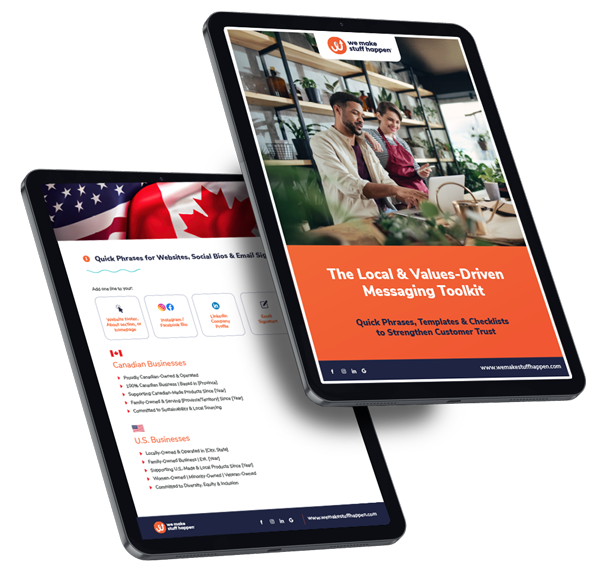The 15 Best Questions to Ask Your Website Designer
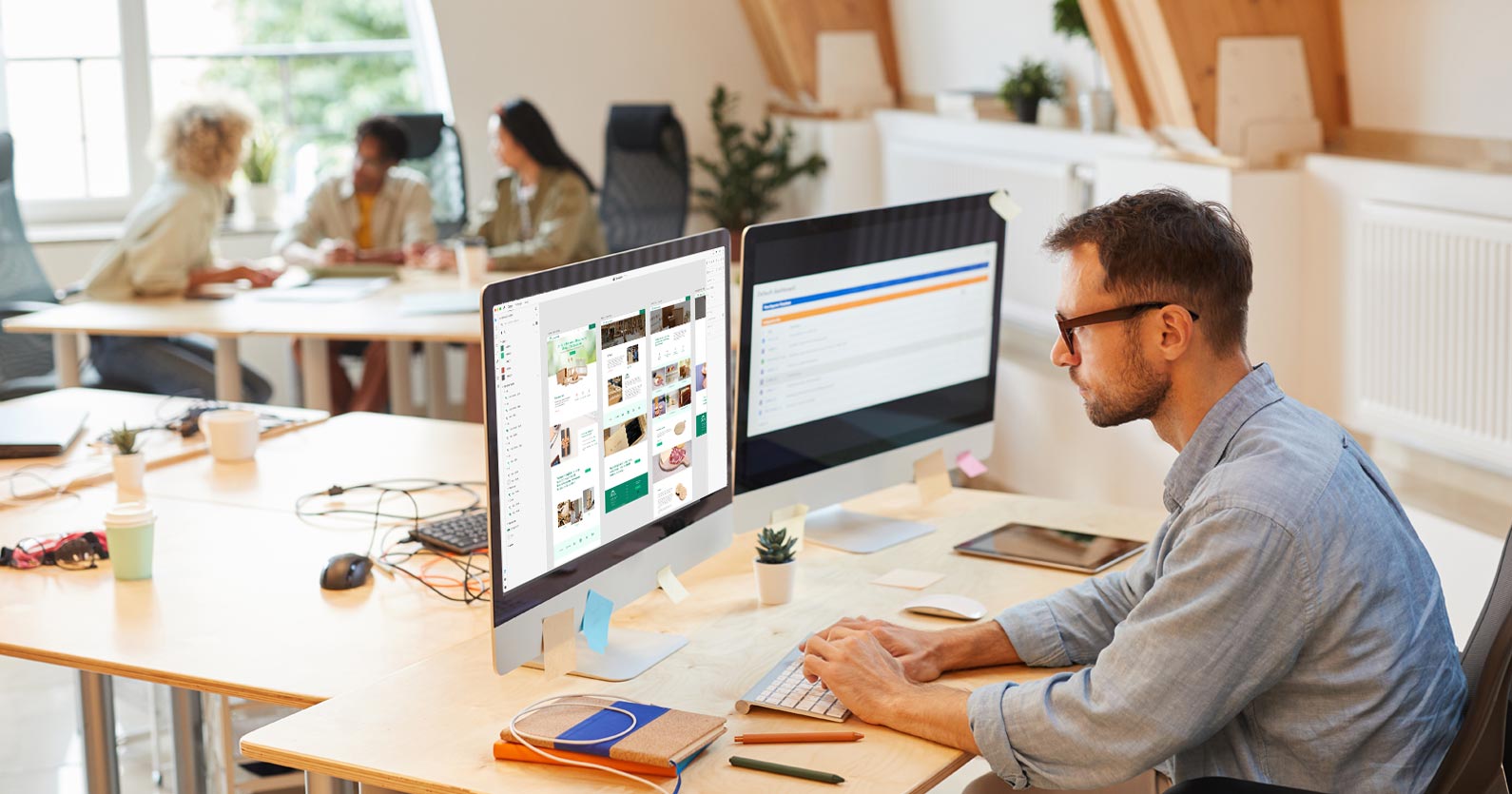
Developing a website is an exciting and complex endeavor. With so many moving parts, website design can be daunting for even the most experienced internet entrepreneurs. Having the right questions to ask your website designer can help ensure your project ends with a stunning site that meets both your vision and requirements.
From the project’s overall scope to the finer details of user experience design, there are 15 essential questions you should ask before hiring anyone to design or build your website. Answering these questions up front can save time, effort, and money as you develop a plan for how best to build out your site to reach your desired goals. Read on for our 15 must-ask questions when working with a website designer!
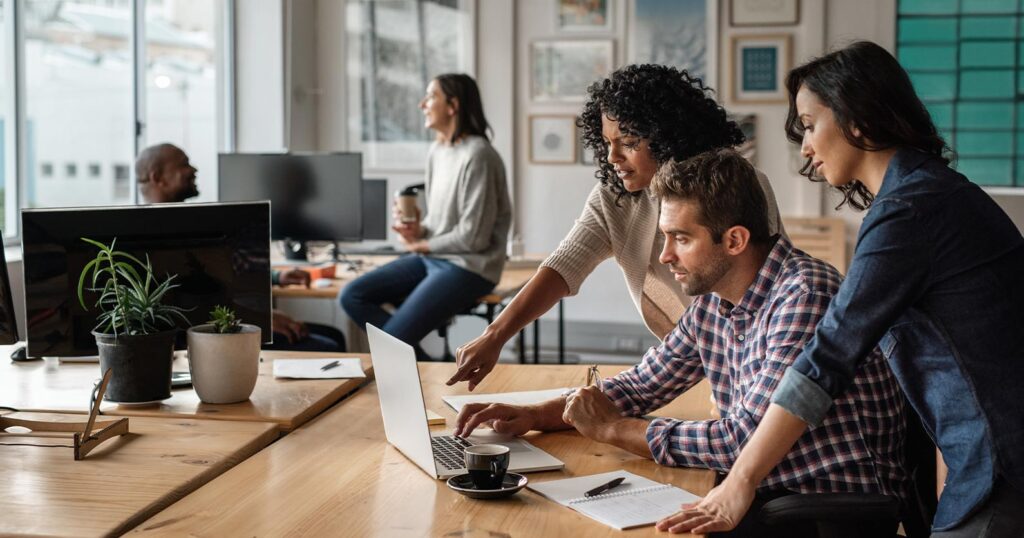
Will the website designer research my business?
A good website designer will take the time to research your business and audience to create an effective web design plan. A successful website must accurately reflect your brand, communicate with customers, and maximize its potential for generating leads. It should be an extension of your business – a living digital representation of who you are and what you do. To accomplish this goal, the designer must understand what differentiates your business from competitors and how to best appeal to prospects and existing customers.
By researching you, your company, market trends, customer feedback, competitor analysis, and more, a website designer can combine all these elements in one cohesive design that meets your goals.
Will they review my current website?
Website designers can provide invaluable insight when reviewing your current website. For example, a designer can identify areas where site speed can be increased or the user experience improved. They may also suggest minor changes to the design or layout that will help increase conversions.
With their understanding of the ever-changing landscape of web design trends and best practices, they are well-positioned to evaluate the performance of your current site against industry benchmarks — potentially giving you suggestions on how to boost engagement even further.
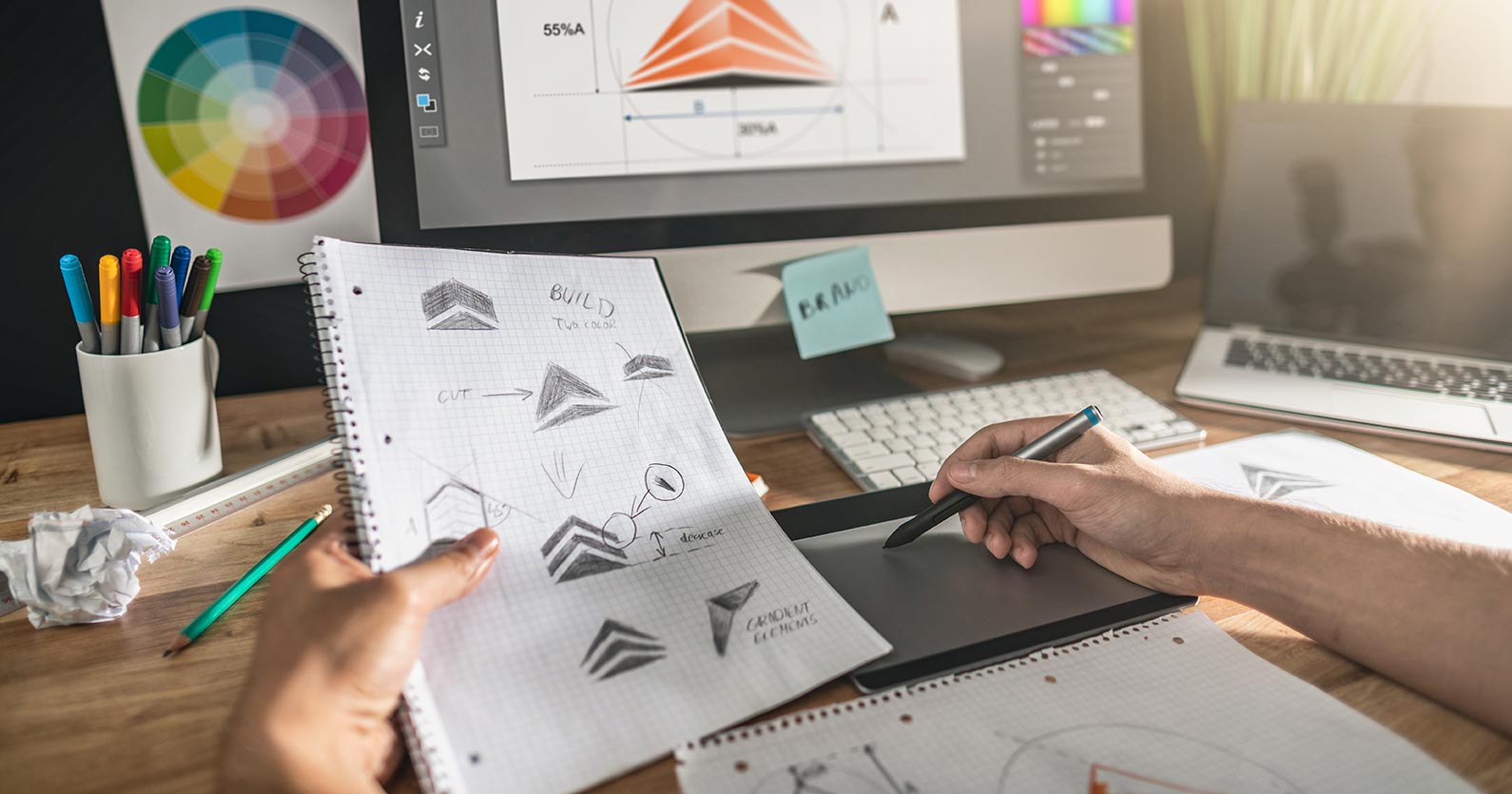
What other services does the agency offer?
When working with a website designer that is part of a more prominent agency, you may have access to other services like graphic design, content creation, and online marketing. Depending on the agency, you can get help with logo creation and design. Some agencies can provide copywriting and content creation services focusing on SEO practices, which helps you drive more organic traffic to your site.
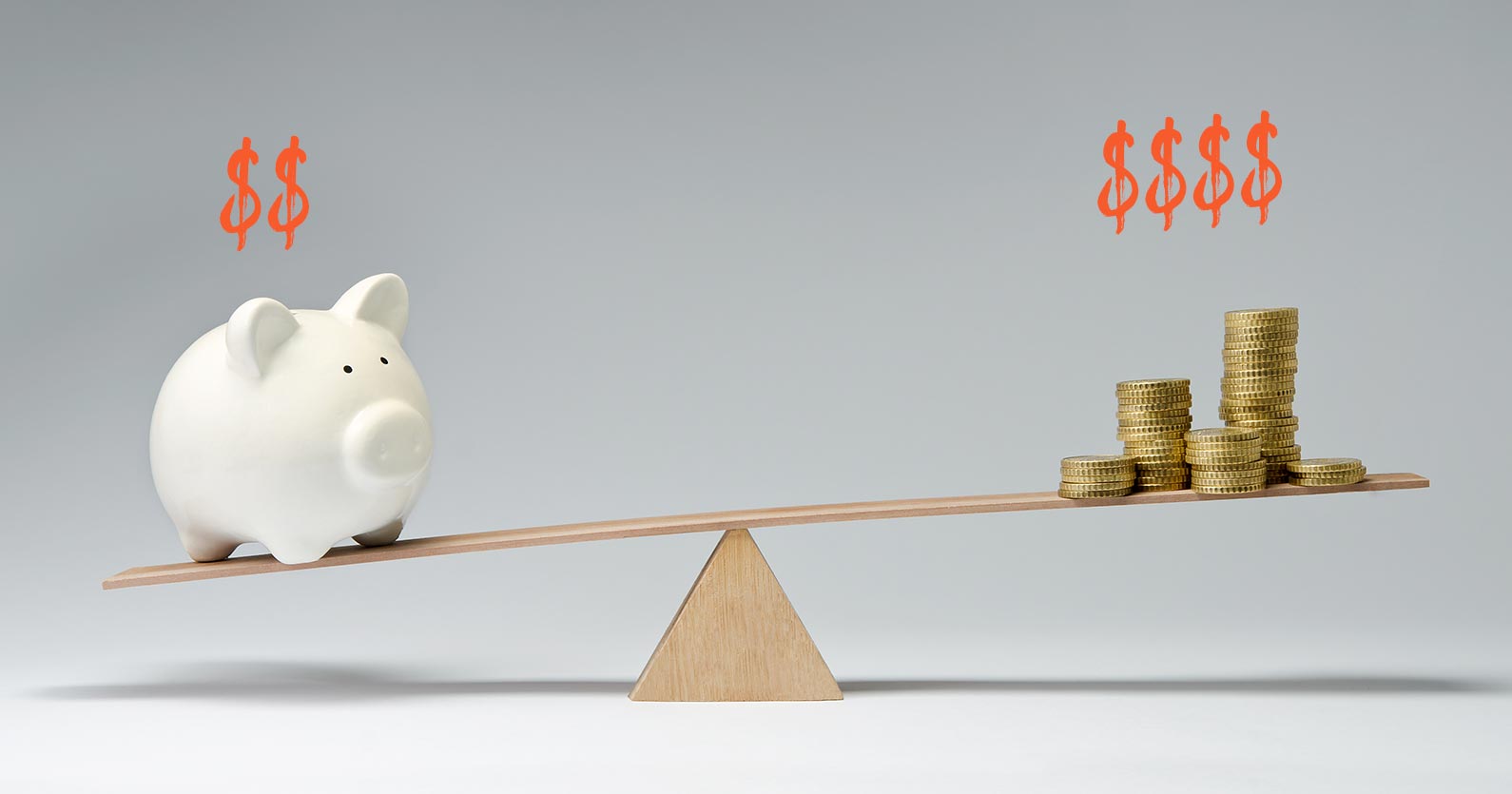
Can you build a website within my budget?
Website designers can work within your budget to build an attractive and functional website. When beginning the design process, website designers and clients need to clearly understand the budget, which will help inform decisions about features and design throughout the project. Website designers can provide cost estimates for different aspects of the website design and development process, allowing you to make more informed decisions on allocating funds within your budget.
Additionally, experienced website designers know how to be resourceful when working with limited funding — from leveraging existing tools to reduce costs to using open-source libraries as a cheaper option for custom code. Ultimately, discussing financial concerns with your designer upfront and having realistic expectations regarding the timeline and included features can ensure that you can work together in crafting a high-quality site that fits your budgetary constraints.
Who do I contact with questions, updates, and information?
It is essential to know who to contact if you want to share photos or content. But is this the same person for questions and follow-up? Be sure to find out whether you will contact the designer or a project manager or if there is a customer support department. While this may not seem like a big deal, especially in the beginning (of course, your web designer will continue to answer your emails!), you’ll want to consider the level of service you expect carefully. Project managers are a great point of contact when working with a web designer. They assist the web designer by managing the flow of information from clients. And they provide a point of contact for you, the client. It’s a win/win!
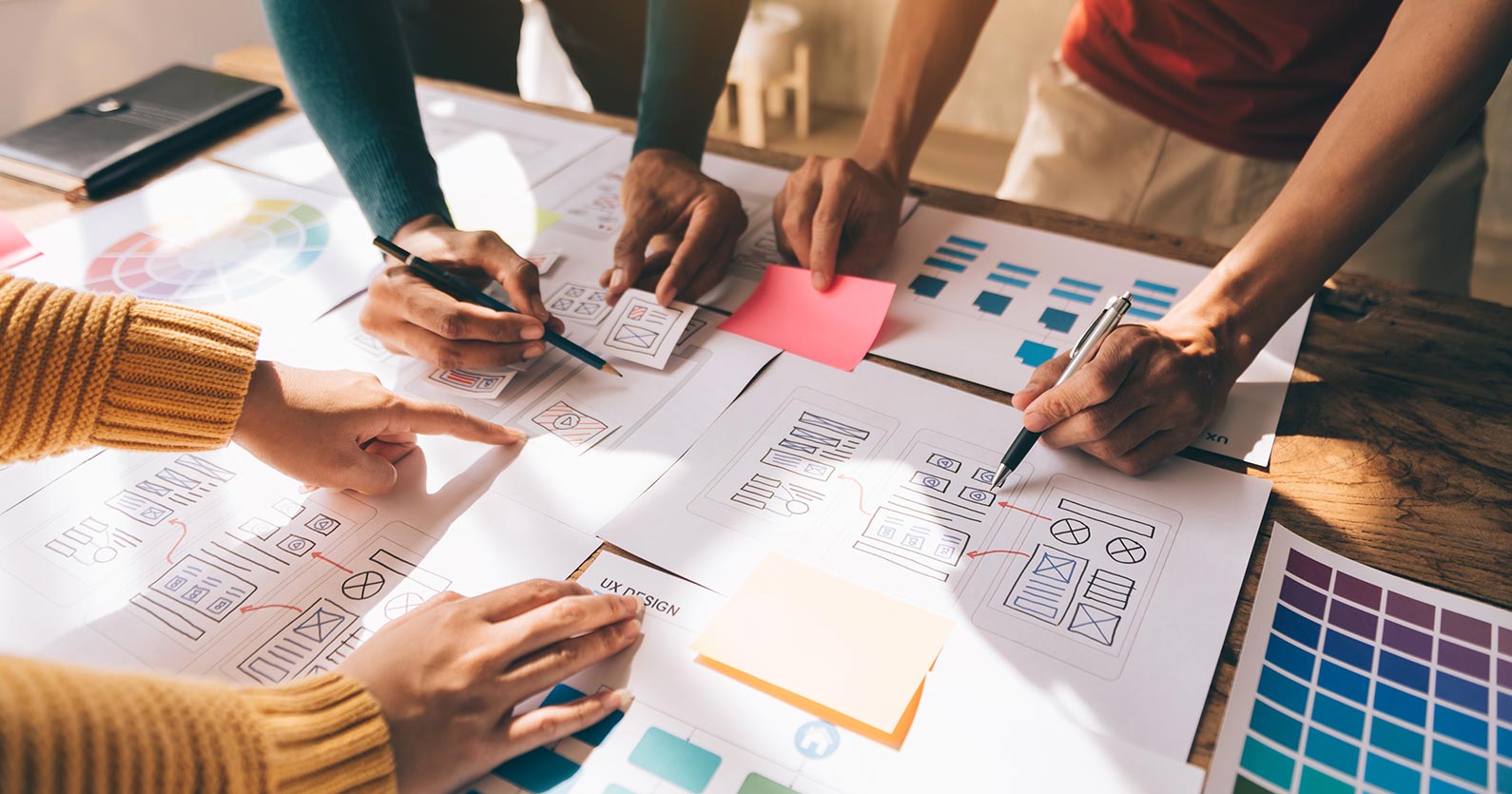
What does the design process look like, and how long will it take?
Ask your website designer what the process looks like and how long it will take. Your web designer should be able to provide you with an overview of all needed steps, such as setting up hosting, creating site architecture, designing visuals, coding, and testing, so that you have a good idea of how long each phase will take. Having a detailed timeline can also help you and your web designer anticipate potential issues and delays before they arise.
Knowing when certain milestones should be reached allows both parties to plan accordingly for any content production or marketing initiatives that may need to be launched at particular points throughout the project. Having this level of transparency from your website designer upfront can help build trust between both parties and facilitate successful collaboration throughout the project.
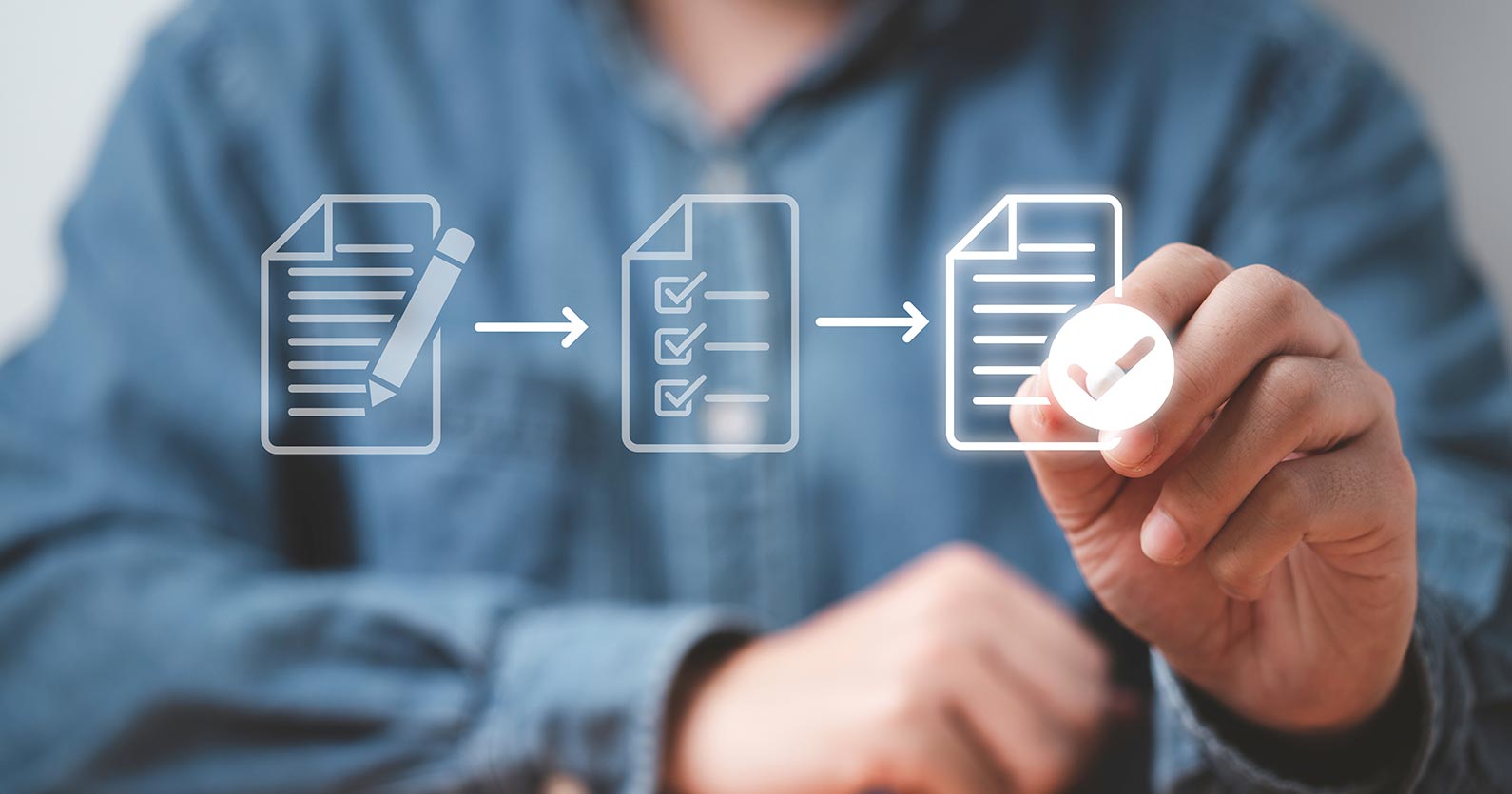
What does a website designer need from me before they can begin?
Understanding what a website designer needs from a client is essential before they can begin working on the project. This is because having all the information your web designer needs in an organized and accessible fashion will enable them to create an efficient plan of action and timeline for completion.
This includes providing the designer with a list of your specific requirements, any special content you may need, photos or videos if necessary, your goals for the website, as well as other potential details such as the color palette or fonts that you prefer.
Knowing these details upfront will help ensure that you and your web designer are on the same page about the expectations for design and the overall results of the project. As a bonus, understanding what exactly is needed from both parties can also help save time during the design process, which ultimately leads to your website’s timely and successful completion.
Who writes the content for my website?
When it comes to writing website content, businesses have various options. Depending on the needs and goals of the project, companies can select from professional copywriting services, do-it-yourself tools such as AI writing assistants or template generators, or they may opt to outsource their needs to freelance copywriters.
Professional copywriting services often provide an extensive amount of research and strategy that can help ensure your content is tailored to customer personas and search engine optimization best practices. Alternatively, DIY tools such as AI writing assistants can provide convenience in quickly generating basic website content at a more affordable rate – but be cautious with AI; you’ll need to be able to edit the content and check it for accuracy. AI has come a long way, but there is still much to be done.
Lastly, freelance copywriters offer businesses a more personalized service that can be tailored specifically for the brand’s personality and feel. No matter which option is chosen, having high-quality web content will help ensure visitors have a positive experience with your website and can help boost search engine rankings over time.
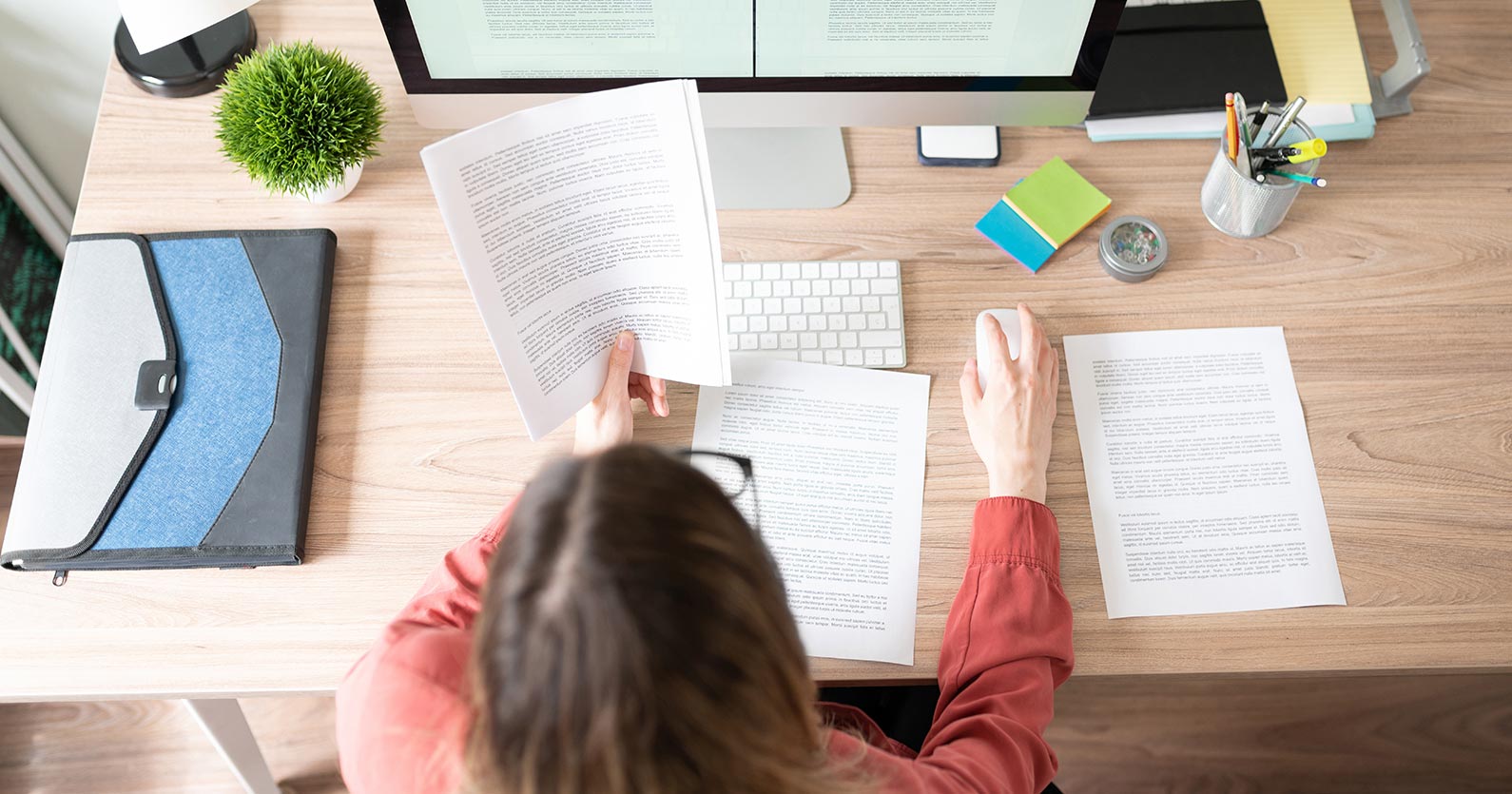
What are the options for images for my new site?
When it comes to website design, there are many options for images and visuals. For example, business owners can choose to use high-resolution stock photos from various online sources, hire a photographer, create custom graphics, or even leverage user-generated content for a more authentic look and feel. Videos are becoming increasingly popular in website design due to different streaming technologies available for fast loading times on any device.
When deciding which images to use for your website, you should consider the site’s overall aesthetic and make sure that the visuals match both the text content as well as the brand identity of your business. Try to find original and unique images that will help set your website apart from others in the industry while still providing an excellent experience for visitors.
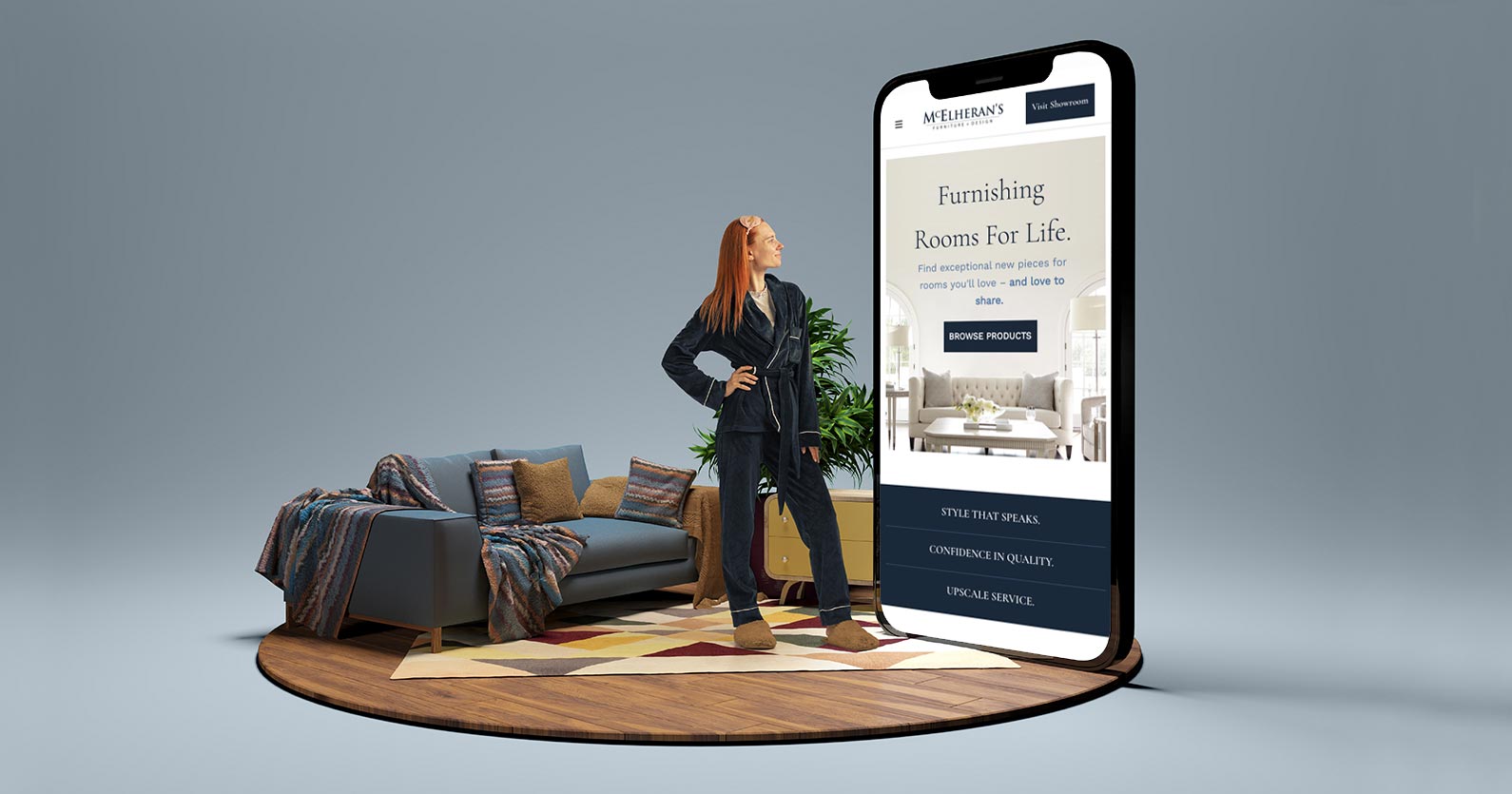
Will the site be mobile-optimized?
In today’s digital landscape, businesses must ensure their website is optimized for mobile devices. As more and more people continue to access the internet with smartphones and tablets, businesses need to make sure they are meeting the needs of their customers to ensure they have a great experience on their websites. Optimizing websites for mobile means ensuring that the page layout is formatted correctly so that all content elements can be easily viewed on any device.
Ensuring the website loads quickly and has easy-to-use navigation buttons will help visitors find what they need with minimal effort. Also, when designing your website it’s important to consider accessibility features such as larger font sizes or different color contrast options that make it easier for users with disabilities. Having responsive design capabilities also helps improve search engine optimization, which can ultimately benefit your business’s online visibility in search engine rankings over time.

Do you offer hosting and maintenance services for the website?
This is an important question to ask your website designer because hosting and maintenance services provide the technical infrastructure needed for website owners to ensure their websites are up, running, and secure. Hosting involves a web server allowing people to access your website from any device worldwide. This can be done through different hosting plans like shared hosting, VPS hosting, or dedicated servers, depending on how much storage and bandwidth you need for your website.
In addition to hosting, maintenance services are also crucial for keeping your website up-to-date with necessary security patches and optimizing it for speed improvements. Maintenance plans can include managing content updates and backups and monitoring performance metrics such as page load times and uptime.
With the right combination of hosting and maintenance services, business owners can ensure their customers have a great experience on their website at all times while also reducing the time they have to spend manually performing these tasks themselves.

Will my website be custom or templated?
Templated and custom websites offer two distinct approaches to website design and development. A templated website is a pre-designed site. Templated websites include premade layouts and some customization options, so you will still need to do some tweaking to get the look you want for your site.
On the other hand, custom websites are completely unique designs built from scratch by web developers and designers according to the client’s exact specifications. They provide more flexibility in design and functionality but require more time and money for development. Custom websites also have an advantage over templated sites in terms of SEO and performance because they are optimized specifically for the website owner’s needs.
Ultimately, both templated and custom websites have pros and cons, so it’s important to consider the goals of your project before deciding which approach is best for your business.
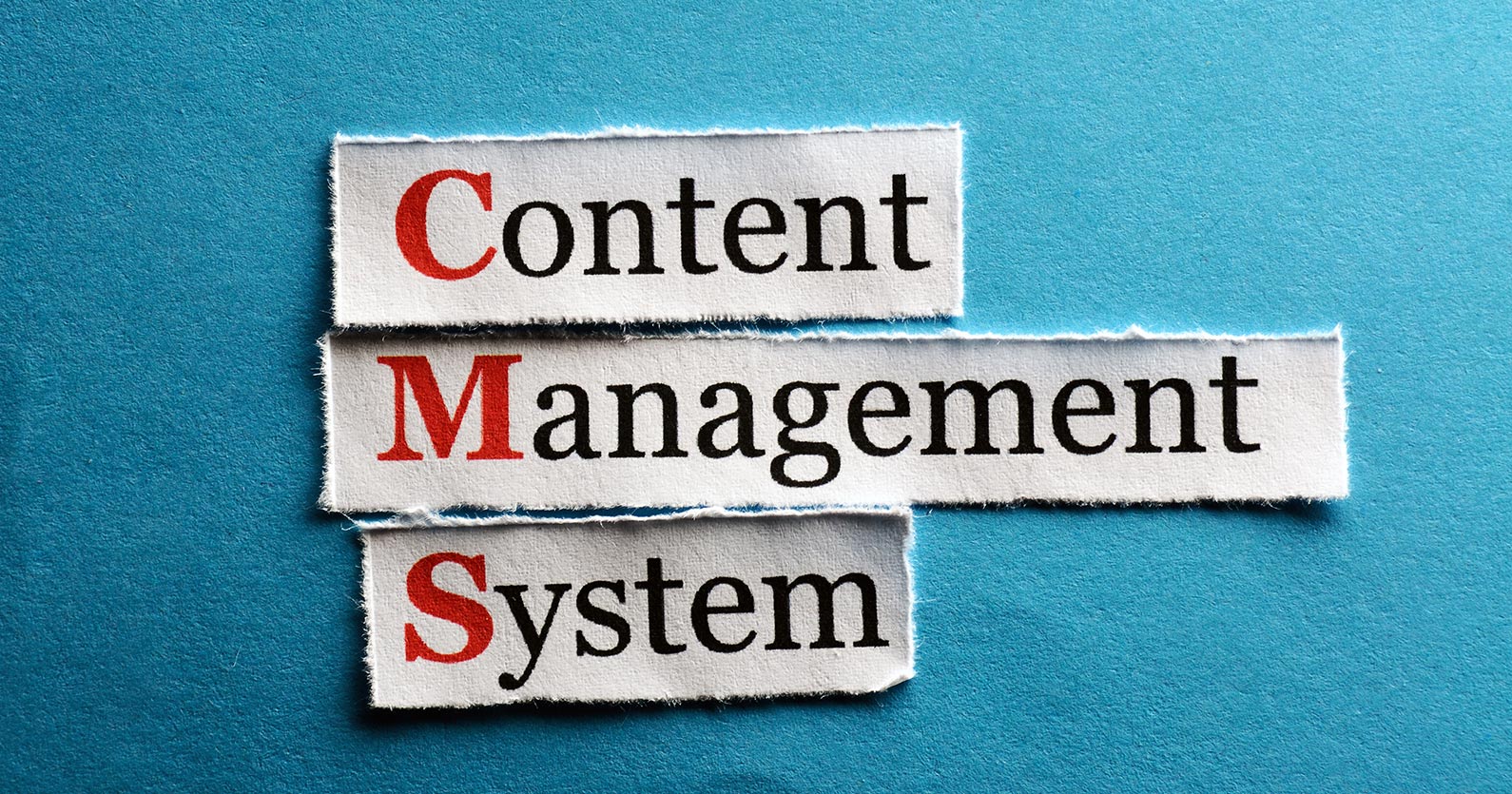
Which content management system will be used?
A content management system (CMS) is software used to create, manage and store digital content for websites. It enables users to easily edit text or images on a website without coding knowledge. CMSs are typically highly modular and customizable, making it easy for website owners to add new features and change their sites quickly.
CMSs often come with built-in security measures such as user authentication, encrypted passwords, and comment moderation that help protect your content from malicious actors. With the proper CMS setup, business owners can significantly reduce the time spent managing their websites while ensuring that their online presence always looks excellent.

Are there any additional features outside of design that I should consider when creating my website, such as SEO or accessibility best practices?
When interviewing website designers to create your website, there are far more elements to consider than just design. While a beautiful visual aesthetic can certainly be important for catching the attention of potential customers and bringing your message to life, other features should also be considered for a successful website.
Functionality is key – ensuring that users find what they’re looking for quickly and efficiently will make them more likely to stay on your site longer. The user experience should also be considered; optimizing page structure and navigation with clear call-to-actions can help guide visitors to the correct destinations with minimal effort.
Incorporating basic search engine optimization (SEO) techniques such as appropriate keyword usage and image tagging can help your site rank higher in search results and draw more organic traffic. It’s essential to use proper coding syntax when building the back end of your site so that you avoid any technical issues down the line.
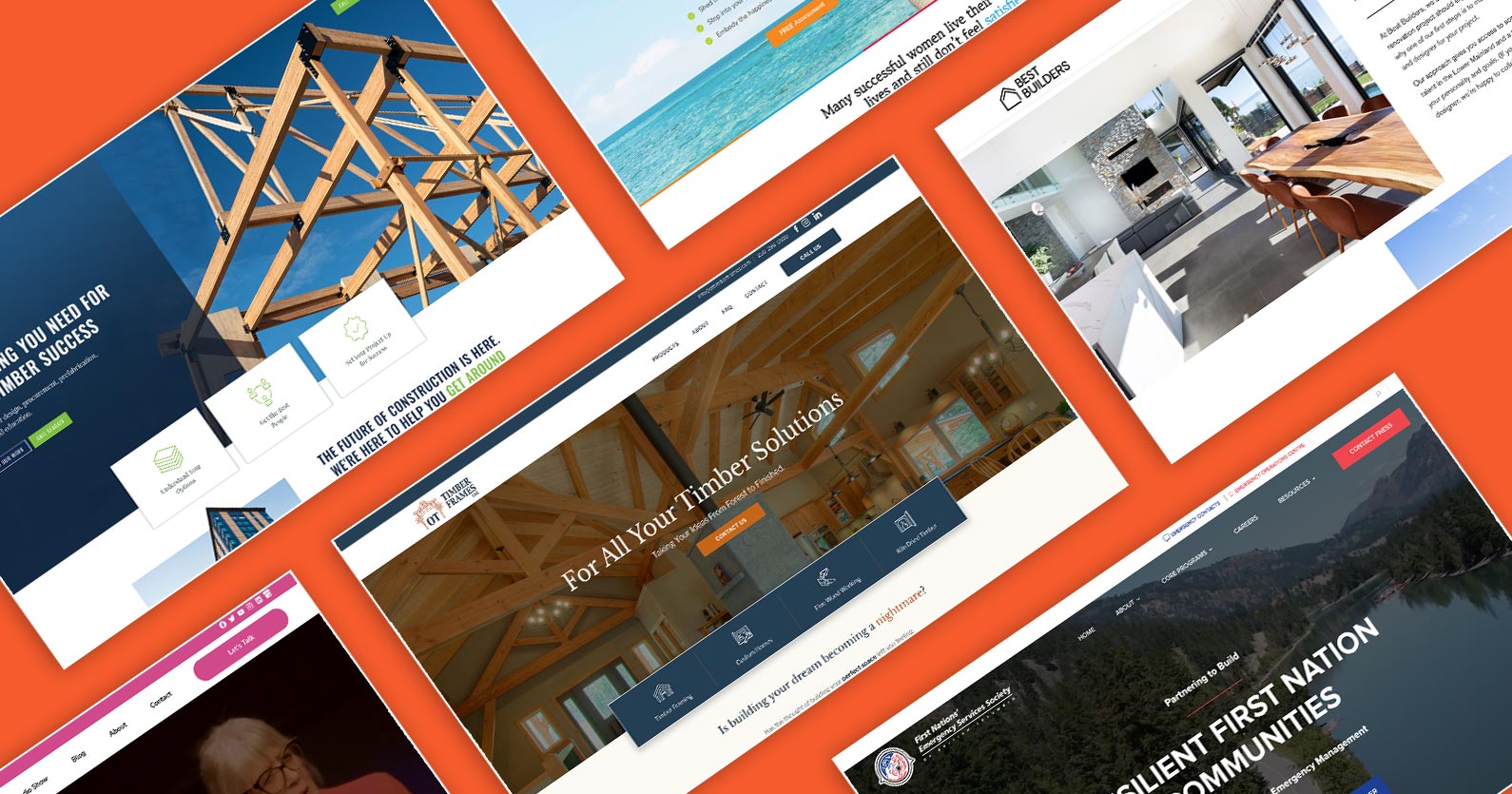
Do you have any references from previous clients that I can look at before deciding to work with you on this project?
When choosing a website designer, looking at their previous work is always essential. It is a great way to understand the designer’s style and skill level. Examining a portfolio of past projects can give you insights into how creative they are and how well they understand your brand and its unique visual needs.
And don’t just look at screenshots! We know that visual appeal and the website’s functionality are essential! Take a look at the website designers’ previous work online. Pay attention to how fast the pages load, whether it works well on mobile, and if the site is easy to navigate.
Taking this extra step can ensure that you select someone on the same page regarding timelines, cost, and design aspirations.
 BOOK A COFFEE
BOOK A COFFEE 

